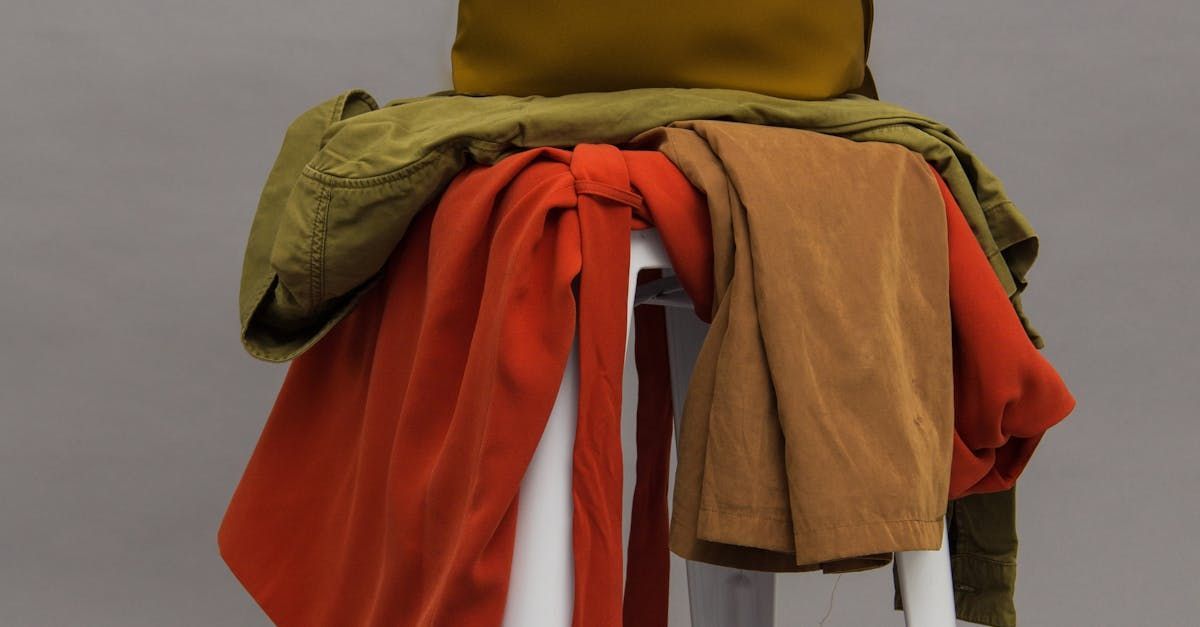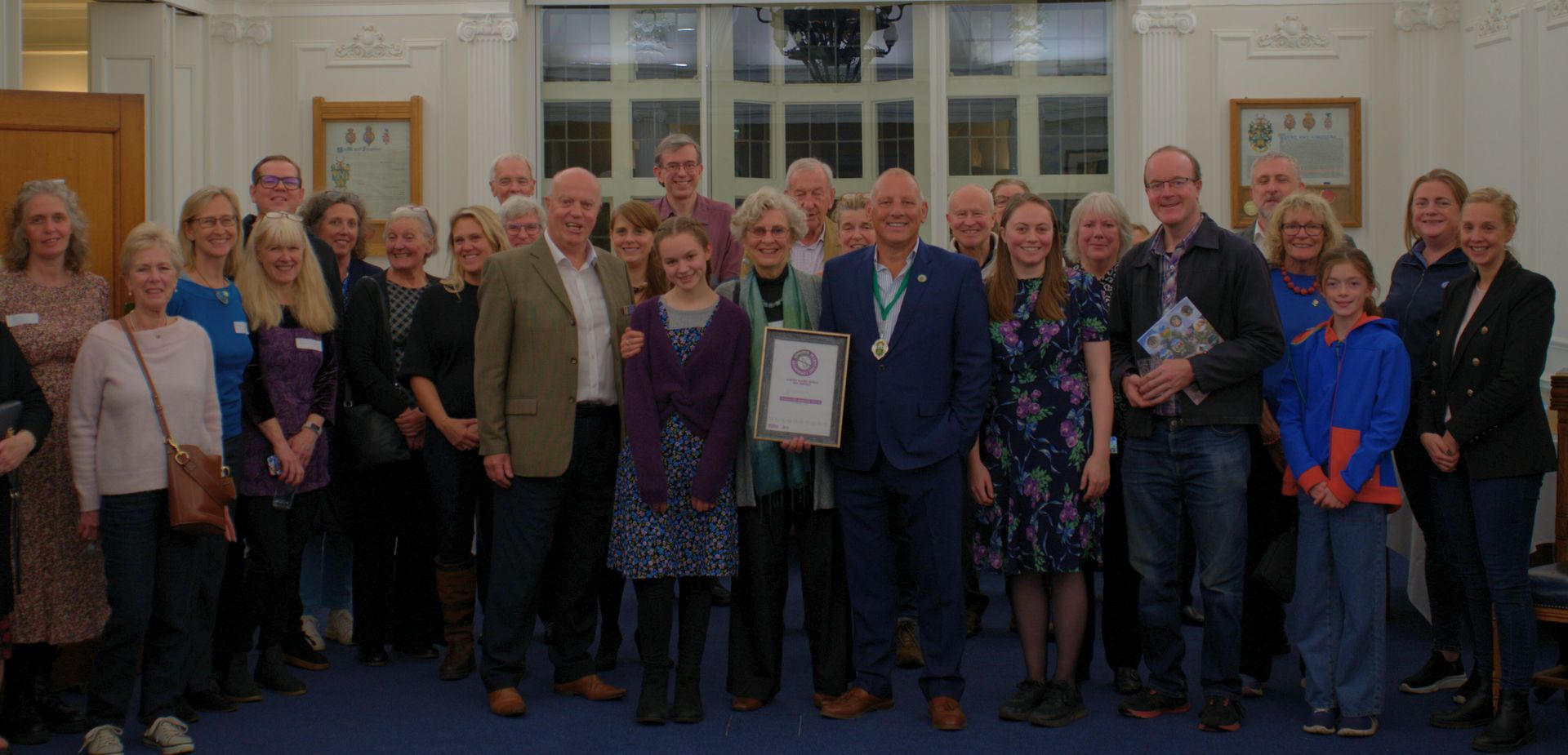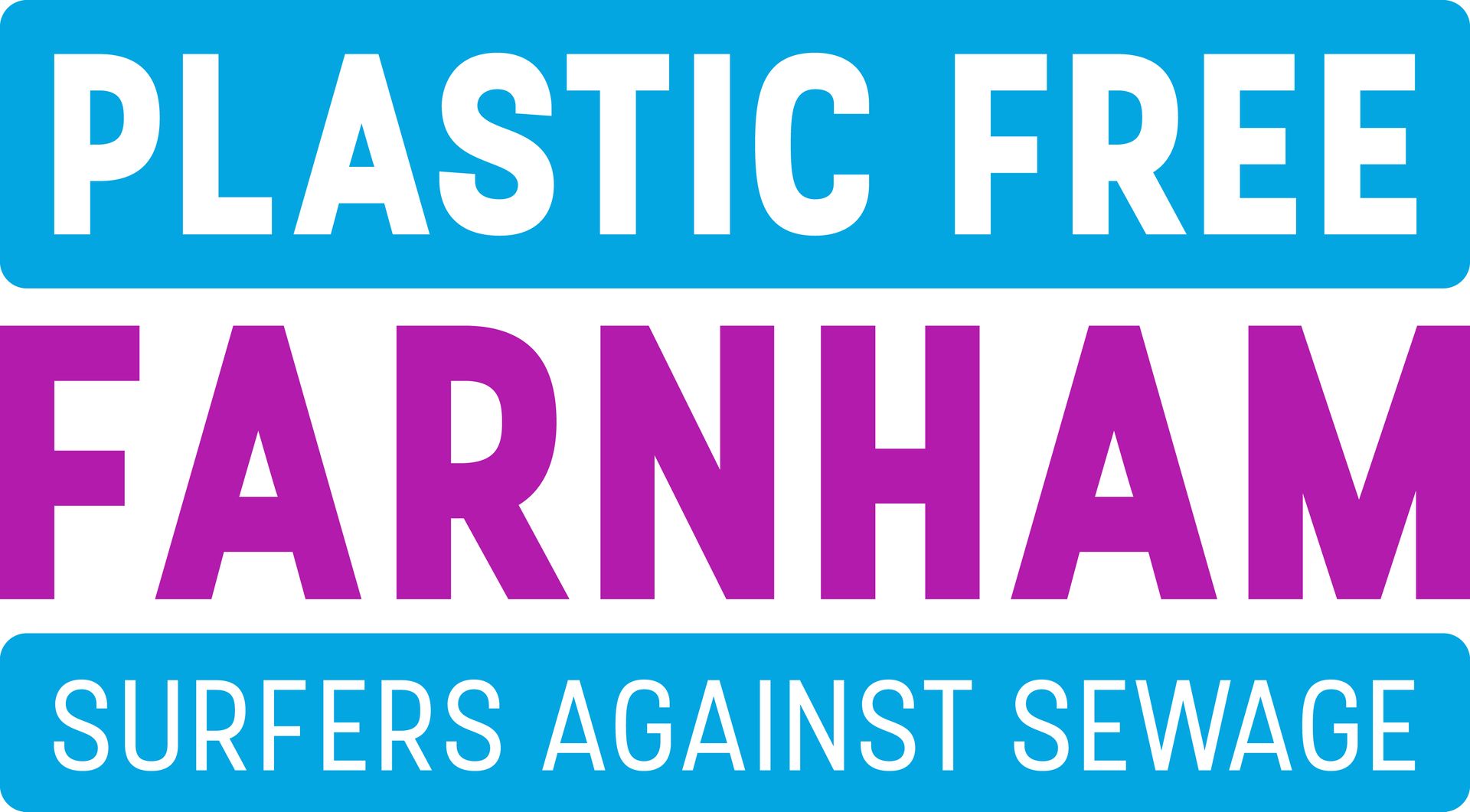How to make your wardrobe more sustainable
how to make your wardrobe more sustainable

Have you ever looked in your wardrobe and noticed that many of your clothes are now made from man-made fabrics instead of natural fibres or perhaps a mix of both? In the world of fashion clothes, plastics have found an unexpected but increasingly widespread niche. From polyester to nylon, spandex to acrylic, synthetic fibres derived from petroleum-based plastics have become commonplace in our clothes. While these materials offer durability, flexibility and affordability, their sustainability and environmental footprint raises great concerns.
The increase in the use of plastics in our clothing is primarily due to their cost-effectiveness and versatility. Polyester, for instance, dominates the global textile market due to its low production costs and ability to mimic natural fibres like cotton. Nylon and spandex, favoured for their stretchiness and moisture-wicking properties, are ideal for activewear and sportswear. Acrylic, another plastic-derived fibre, is valued for its warmth and softness, often used in sweaters and outerwear.
However, the environmental impact of plastic-based clothing is profound. The production process of these fabrics involves the extraction of fossil fuels, significant energy consumption and the emission of greenhouse gases. Additionally, when synthetic garments are washed, they shed tiny plastic fibres, called microplastics, which eventually find their way into our water, soil, and even the air, posing risks to ecosystems and human health. Microplastic pollution is a growing concern with the effects of it as yet unknown.
So how can we make more sustainable choices for our wardrobes without compromising on fashion?
Strides are now being made towards more sustainable practices across the fashion industry. One approach involves recycling plastics to create textiles. Many well known fashion brands are increasingly using recycled polyester, nylon and other plastic-derived fibres in their clothing, reducing the demand for virgin materials and diverting waste from landfills. Additionally, innovations in textile recycling technologies are improving the quality and viability of these recycled plastic textiles, making them more price competitive than their original counterparts. (Although it should be noted that these clothes will still shed microplastics when washed).
The development of bio-based alternatives to traditional plastics also offers promising solutions. Bioplastics derived from renewable sources such as corn, sugarcane, or even algae, are being explored as substitutes for petroleum-based polymers. These materials could potentially lessen the environmental impact of plastic textiles by reducing reliance on fossil fuels and offering biodegradable or compostable end-of-life options.
As an individual, being a conscientious shopper and changing our behaviour will also help to promote sustainability in fashion. Shopping in vintage or second hand clothing outlets, buying clothing made from the newer recycled or bioplastic fabrics, or natural fibres like organic cotton or linen, will lessen the dependency on plastics. Additionally, washing our clothes less frequently, using colder water and investing in microfiber-catching laundry filters, can also help minimise microplastic pollution.
So, whilst plastics have allowed us to embrace fashionable clothing, it is hard to ignore the effect they have on our environment. To reduce their impact the industry needs to adopt a multi-faceted approach that involves technological innovation, industry collaboration and encouraging a change in buying habits.
By making informed purchasing decisions and looking after our clothes so that they last longer, we can all help the move to a more sustainable future for clothing production.
To find out more about Plastic Free Farnham and how we work in partnership with the Farnham Rotary Clubs and Farnham Town Council encouraging local businesses and organisations to gain the town plastic free status, please
contact us.



